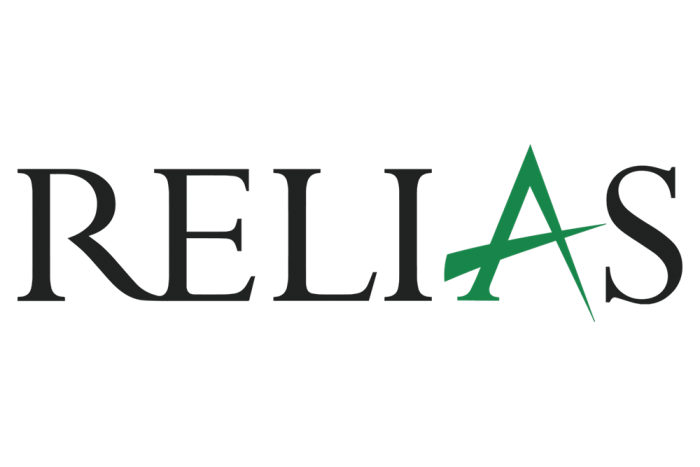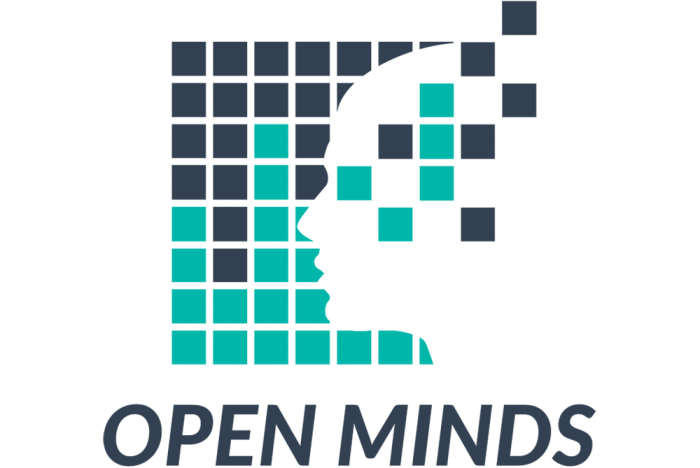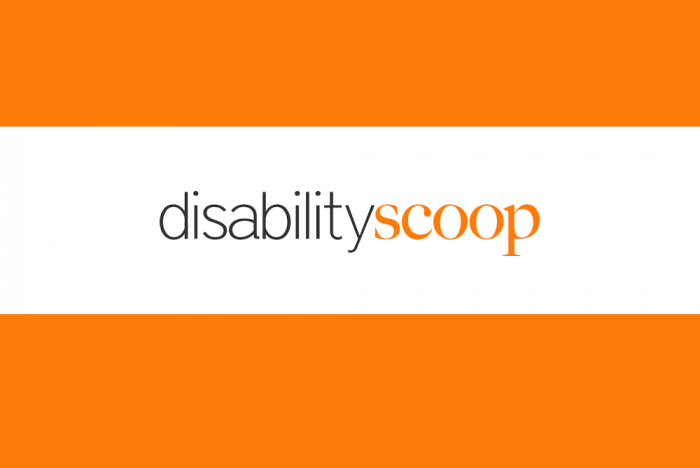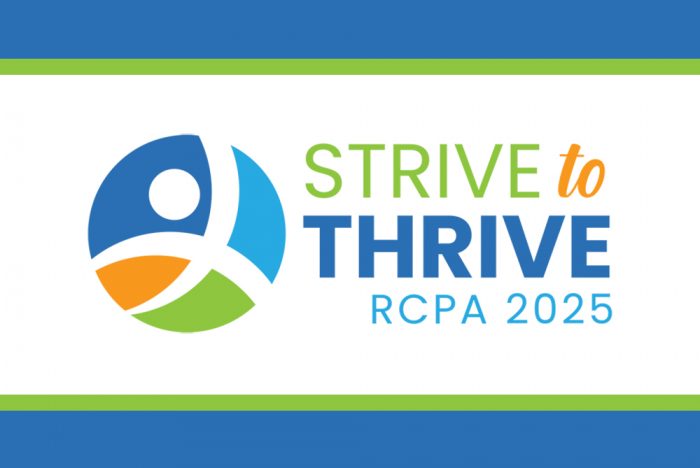Reminder for Compliance Solutions Webinar With Relias on August 20
FDA Issues Recall Alert on Certain DermaRite Industries Products
The Office of Developmental Programs (ODP) has shared this important announcement from the U. S. Food and Drug Administration (FDA).
FDA MedWatch — DermaKleen, Dermasarra, Kleenfoam, and Perigiene Products by DermaRite Industries
DermaRite Industries is recalling the below products due to microbial contamination identified as Burkholderia cepacia.
Risk Statement:
Burkholderia cepacia complex (BCC) in these products may result in serious and life-threatening infections. The contaminated products may be used by immunosuppressed individuals or by people attending to immunosuppressed individuals. In healthy individuals with minor skin lesions, the use of the product will more likely result in local infections, whereas in immunocompromised individuals the infection is more likely to spread into blood stream leading to life-threatening sepsis.
The recalled products were distributed nationwide in the United States and in Puerto Rico.
To date, DermaRite has not received any reports of adverse events related to this recall.
Background:
- DermaKleen is an OTC Healthcare antiseptic lotion soap with Vitamin E indicated for handwashing to decrease bacteria on the skin.
- DermaSarra is an OTC External analgesic indicated for temporary relief of itching associated with minor skin irritations due to dry skin, insect bites, detergents, sunburn.
- KleenFoam is an OTC Antimicrobial foam soap with aloe vera indicated for handwashing to decrease bacteria on the skin after changing diapers, after assisting ill people, or before contact with a person under medical care or treatment.
- PeriGiene is an OTC Antiseptic cleanser indicated for use in the perineal area.
Recommendations:
- Consumers should contact their physician or healthcare provider if they have experienced any problems that may be related to taking or using this product.
- Consumers with questions regarding this recall can contact Mary Goldberg at 973-569-9000 x104 or via email.
- DermaRite has notified its distributors and customers by email to immediately examine available inventory and destroy all affected products in accordance with each facility’s process.
For more information about this recall and specific product number, visit the FDA’s website.
OPEN MINDS: The Succession Planning Paradox
Article reprinted with permission from OPEN MINDS. To sign up for a free OPEN MINDS news feed on https://www.openminds.com/market-intelligence/, go to https://www.openminds.com/membership/.
PBC Quarterly Provider Forum for Residential Providers Sept. 10
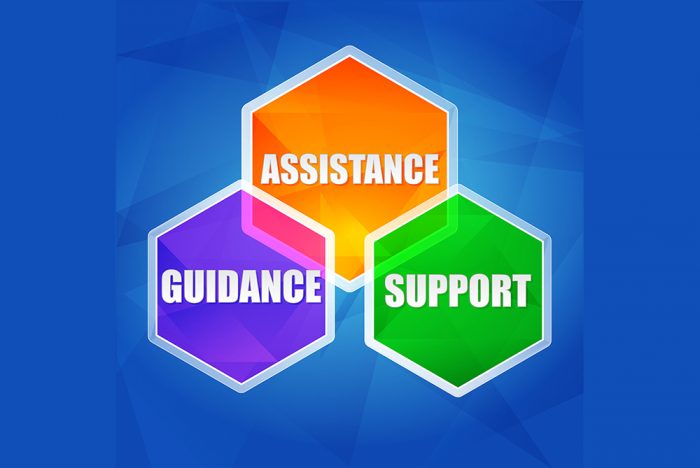
A performance-based contracting (PBC) forum is being provided on September 10, 2025, from 2:00 pm – 3:30 pm, to support provider preparedness. This forum aimed at residential providers. Register here to attend.
Topics of discussion include:
- Updates to measures;
- Introducing the new Performance Analysis Services (PAS) data submission tool;
- Technical assistance; and
- Provider performance review data.
Trump Order Sparks Concerns About Forced Institutionalization
August 2025 Med Administration Registration Open

Registration for the August Virtual Office Hour (VOH) sessions are now available for Trainers, Primary Contacts, and/or Agency Administrators. If interested in joining, please select the registration link available on the Med Admin Trainer Dashboard. VOH for the August 21, 2025, sessions are listed below.
- 10:00 am – 11:00 am
- 1:00 pm – 2:00 pm
If you are unable to attend, the next VOH session will be September 18.
ODP Releases Summer 2025 QM Spotlight: Data Analysis – What? How?
A Workshop Guide to the RCPA Conference: Register Today and Strive to Thrive!
RCPA is proud to be at the forefront of developments in health and human services, and we strive to present information covering a wide variety of aspects within the industry. At our 2025 Annual Conference Strive to Thrive, attendees will expand their knowledge of topics impacting their consumers, providers, insurance, IT teams, compliance, and more! Register today to reserve your seat, and view the Registration Brochure for complete details.
For your convenience, we have compiled the list of workshops by topic, highlighting just how much we plan to cover during our stay at the Hershey Lodge! Please note that some workshops may discuss more than one set of topics. Use this as a guide, see what interests you, and make sure you register today!
AI, Data, and Technology:
- W16 | Organizational and Individual Benefits of Becoming Technology First
- W24 | AI in Action: Empowering Better Care and Financial Health
- W32 | Technology First: A Journey, Not Just a Destination
- W38 | Using Video Monitoring Effectively to Promote Safety
- W48 | Technology, Human Capacity, and an “Everyday Life” in Employment
- W51 | Best Practices in Implementing Artificial Intelligence in Behavioral Healthcare
- W56 | Beyond Metrics: Leading With Connection in a Data-Driven World
- W63 | Empowering Independence: Transforming Lives With Remote Support — A Provider’s Journey Through Person-Centered and Agency Perspectives
Autism and Intellectual/Developmental Disabilities:
- W18 | Growing Through Connection: Managers Leading With Heart, Building Relationship-Driven I/DD Services
- W26 | Solving the DSP Hiring Crisis: Strategies for Recruitment and Retention Success
- W29 | Life Sharing for Children With Medically Complex Conditions
- W35 | Dual Diagnosis Treatment Team: An Integrated Community Treatment Model for Dually Diagnosed Individuals
- W37 | Innovations in Family Engagement to Improve Experience and Outcomes
- W47 | Health Equity for People With IDD in the Community
- W54 | From Recognition to Intervention: Addressing Anxiety-Related Challenges in Individuals With Intellectual Disabilities
- W59 | Independence and Wellness Through Employment
Behavioral, Children’s, and School-Based Health:
- W05 | Research to Practice: Using an Evidence-Based Digital Tool to Improve Executive Function Among Students
- W07 | Care Navigator: Helping the Community Transition Home After Inpatient Hospitalization
- W08 | The Final Rule on 42 CFR Part 8: One Opioid Treatment Program’s Adjustments to the New Regulations and Q&A
- W12 | Whether We Realize It or Not, FASD Affects Us All
- W14 | The Power of Peers and Partnership: Response to Substance Use Crisis
- W20 | Enhancing CCBHC Effectiveness: Four Essential Tools for Success
- W22 | Quality Improvement Strategies to Adopt State-Wide Policy Change in Substance Use Disorder Treatment
- W28 | Staff Experience of Safety in a Civilian Crisis Response Program
- W40 | Janus: A Reimagining of Mental Health Housing and Support
- W55 | Where Did All the Meth Come From? Strategies and Tactics for Dealing With the Next Epidemic
- W61 | Understanding Peer Support From a Clinical Perspective
- W62 | Transformative Triage: A Multidisciplinary Approach to Crisis Intervention and Client-Centered Care
- W64 | Moving Beyond Training: Strategy-Based Approaches to Decreasing Behavior Incidents
Brain Injury:
- W44 | The Cutting Edge of the Neuroscience of Music: Clinical Applications in Neurorehabilitation
- W52 | A Review and Discussion About the Funding Available for Brain Injury Services in PA
- W60 | Cognitive Rehabilitation Therapy (CRT): Developing Tools to Empower Individuals With TBI Throughout the Rehabilitation Process
DHS Offices and Items:
- W01 | Office Of Developmental Programs Policy Updates and Forecast for 2026
- W23 | PA Navigate: Connecting Pennsylvanians to Needed Social Services
- W31 | Updates and Discussion With the Office of Long-Term Living
- W42 | Behavioral Health Treatment in Pennsylvania: Where We Are, Where We Are Going
- P01 | State of the State
Ethics:
- W50 and W58 | Imposter! Ethical Practice, Competence, and Being a “Good Enough” Practitioner Parts I Part II
Financial Management, Medicaid, and Value-Based Purchasing:
- W02 | How To Survive a Payer Billing Audit — Straight From an Auditor’s Mouth
- W27 | The Benefits of Measurement-Based Care and Its Economic Impact on Return on Investment
- W34 | Expanding Revenue Beyond Medicaid: New Funding Strategies for I/DD Providers
- W46 | Building Centralized Procurement for Decentralized Behavioral Health Organizations
Government and Advocacy:
- W39 | Building Sustainable Community Advisory Councils for Impactful Legislative Advocacy
- P02 | National Outlook: The Turbulent Landscape of 2025/26
Suicide Prevention:
- W10 | A Systemic Focus for Treating Homicide-Suicide Behaviors
Trauma-Informed Care and Wellness:
- W13 | Addressing Healthcare and Transportation Barriers for Vulnerable Populations
- W19 | Creating a Trauma-Informed Workplace in a Tri-Pillared Organization
- W43 | Trauma-Informed Care Works: Striving and Thriving in a Forensic Program
Workplace Culture, Leadership, and Management:
- W03 and W11 | Leadership and Emotional Intelligence Parts I and II
- W04 | Thriving Through Performance Development
- W06 | Building a Team-Based Culture: Not Your Average Team Approach
- W09 | The Role of Culture in Merger & Acquisition Strategy and Success
- W15 | Promoting Staff Engagement and Growth Culture
- W17 | Empowering Change Through Leadership, Workforce Development, and Innovation
- W21 | Turning Internal Communications Objectives Into Action
- W25 | The Shift of Trust: Reduce Turnover and Create a Culture of Collaboration
- W30 | Leveraging a Multidisciplinary Team in the Development and Delivery of Treatment Outcomes
- W33 | Whole Brain Living: Reflective Reacting as a Means of Achieving a Wiser Result
- W36 | Generative Listening: A Transformative Approach to Developing Inclusive Leadership
- W41 | Leadership Gold – How to Be a Leader Worth Following
- W45 | Use of Self: Integrating Awareness, Recognition, and Mindfulness Into Everyday Practices at Your Organization or Agency
- W49 | Mastering Difficult Conversations to Build Thriving Cultures
- W53 | Empowering Neurodivergent Professionals: Supporting Disability Disclosure and Workplace Success
- W57 | Future-Proofing Leadership: Succession Planning for Health & Human Services
- K01 | Building Organizational Culture and High Performing Healthy Teams
- K02 | Applying Resilience and Mindfulness to Enhance Leadership
- K03 | The EEOC is NOT Messing Around: Harassment Prevention in 2025 and Beyond
- K04 | Rediscovering You: How to Reconnect, Recharge, and Rise
August 6 LTSS Subcommittee Materials Now Available
The Long-Term Services and Supports (LTSS) Subcommittee meeting was recently held on August 6, 2025. During the meeting, a number of presentations were given. Included in this package is a critical update on revalidation with specific dates associated with your agency. ALL communications will be done electronically and could end up in your spam folders. Please review that segment of the presentation and consider reading the transcript for that segment.
Other important updates relate to the CHC procurement stay and an analysis of the impact of OBBB Act on Pennsylvania Medicaid.
Materials Include:
- Meeting Transcript
- OLTL Revalidation Reference Guide
- OLTL Revalidation PowerPoint
- OLTL Updates PowerPoint
- PA CareKit Presentation
If you have any questions, contact Fady Sahhar.










